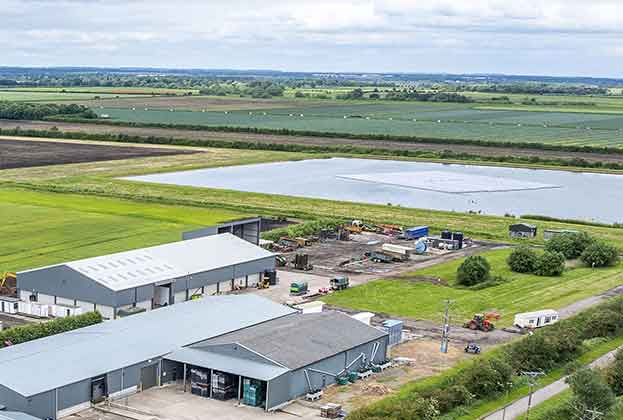GRESB (formerly the Global Real Estate Sustainability Benchmark) is an internationally recognised benchmark assessing the Environmental, Social and Governance (ESG) performance of real estate companies. In 2022, GRESB saw the largest growth in numbers, with 1,820 entities participating worldwide, covering USD $6.9 trillion of Gross Asset Value across 74 countries. GRESB data is now used by 170 institutional and financial investors with more than USD $51 trillion in assets under management.
GRESB has established itself as one of the most influential ESG frameworks for the industry, moving from being once seen as “nice to have” to a globally recognised benchmark used by many different stakeholders. Responding to GRESB is no longer viewed as a differentiator by stakeholders, but instead a prerequisite or starting point in the pursuit of sustainability.
The assessment covers components relating to management, portfolio performance and development activities. Data is reported to the relevant GRESB Assessment annually and is validated before being used to generate ESG benchmarks for the industry.
Evolution of GRESB
To capture the everchanging expectations of different sustainability topics, GRESB continuously works on further evolving and updating the assessment framework each year. In 2021, GRESB announced its plan of creating a five-year roadmap for GRESB assessments. This stakeholder-driven standard development process was divided into three phases:
- Defining a shared vision for the future
- Creating a strategy to achieve the vision
- Developing a strategic roadmap that defines future work and major milestones
Following this process, GRESB has identified the following principles to support the shared vision for its standards:
- Focus on the most material issues
- Consider sector and regional differences
- Align with industry frameworks and standards
- Focus on efforts and outcomes
- Assess ESG through the whole life cycle
- Evaluate and benchmark at organisational, portfolio, and asset level
- Access for all
- Review regularly
This development process has been reflected in the key changes that were made to the 2023 submission cycle. GRESB prioritised the following topics as part of strategic changes for the 2023 standards: Net Zero; Physical Climate Risk and Transition Risk; Diversity, Equity, and Inclusion (DEI); and Embodied Carbon. While GRESB is still looking to better integrate these topics into submissions in future years, the 2023 assessment has already introduced new requirements around net zero policies, DEI objectives and governance, and physical and transition climate risks identification and impact assessments.
How should companies respond to GRESB?
It is important not to allow GRESB to become an annual tick-box activity. Instead, businesses should take the time to understand each component behind GRESB and the reasoning for them, in order to integrate them into their ESG strategy and create real, meaningful improvements in their ESG performance. Furthermore, since GRESB has provided a robust and comparable framework for ESG data management, moving beyond annual data collection for GRESB to a more frequent interval will not only enable organisations to identify and address areas of opportunity and risk in relation to ESG performance, but will also allow them to effectively track their progress against specific asset-level targets.
More than 95 per cent of investors now use ESG data in their decision-making, drawing on global benchmarks such as GRESB. By building strong governance across the GRESB components and keeping up to date with GRESB’s roadmap development process, organisations will be much better equipped to respond to the benchmark, policy and regulatory changes.
Further information
Contact Jonathan Li or Anna Sewell

.jpg)







.jpg)
.jpg)